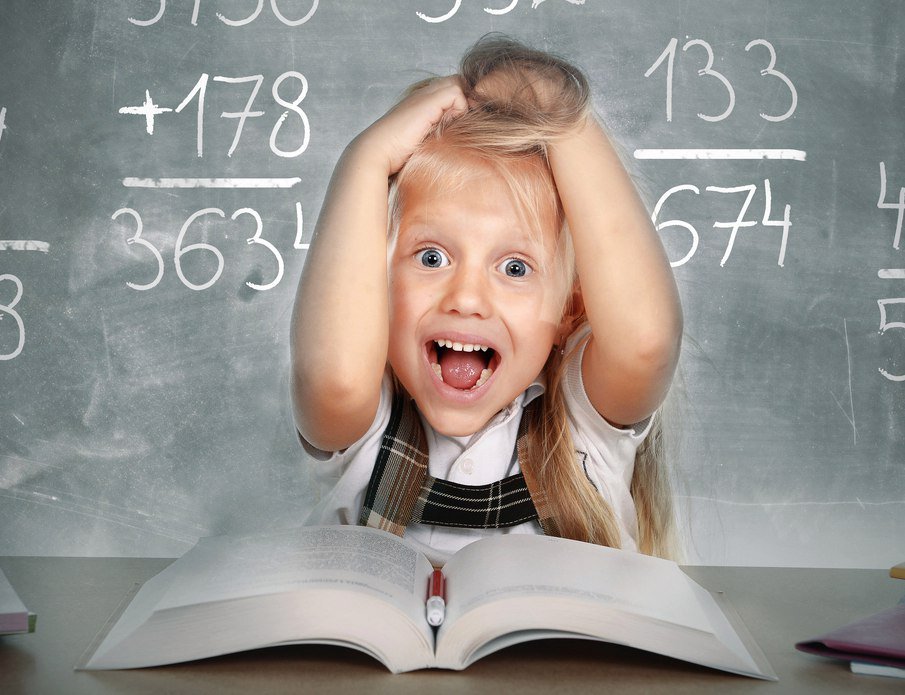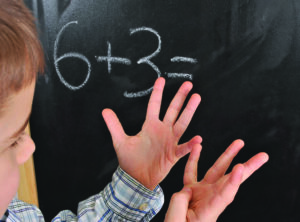
Math anxiety: how parents pass it on to their children
Mathematics including go math grade 3 has a reputation as the most impossible subject at school. From the very first grade, children hear that calculations are not easy. Perhaps that’s why by high school 60% of students become afraid of math and anxious about tests. The online school for kids and teens Skysmart tells you how to help kids love numbers and prevent the development of math anxiety in the future.
Forget Humanities and Math
Many kids think math isn’t for them. As if it’s not a subject for everyone, but a gift from heaven that either got to them or not. This attitude is shaped by adults who say, “Sasha is a humanist.”

This assumes that success is based only on innate abilities. Children with a given attitude perceive failure as proof that their abilities are limited. A much more effective growth mindset is the belief that success is not determined by the disposition of the stars, but by work and effort. This helps the child treat failure and go math 4 grade as an incentive to redouble effort.
So the first rule of moms and dads is not to label or limit children, assuring them that math is beyond their abilities and they have a different mindset. Scientists have long proved that the division into humanities and mathematics is simply a myth.
Where does math anxiety come from?
When parents who think they are weak in math try to help with homework, they pass on their math anxiety to their children. If you yourself are afraid of fractions and square equations give you a migraine, it’s best not to help with solving examples at all. Delegate this to specially trained tutors.
You can support your child in other ways – show him that numbers don’t scare you. You can demonstrate how you use mathematical knowledge in everyday life. For example, how many cakes you have to buy for the party, if the child knows that he is sure to eat at least two pieces, and the guests will be five.
Boldly involve children in counting and give great examples that they will associate with something they know or their own favorite things to do. Don’t forget to emphasize that math is important in all areas of life and work, from programming to cooking.
Praise your child for their efforts and don’t be afraid of bad grades
F’s and D’s can take the motivation out of anyone. It is very uncomfortable to realize that you are the only one out of 25 classmates who can’t understand the rules of division. This is how math anxiety develops. But parents can fix it if they praise their children for the work they have done, not for the grade they have received.
Children need to be taught from an early age that mistakes are normal. We don’t always do everything right, and we don’t always know the answer, and there’s nothing shameful about that. And if your child asks you for help with an equation, and you yourself barely remember the

multiplication table, don’t hesitate to say, “I don’t know, let’s try to figure it out together. This acknowledgement alone can reduce anxiety. Be there and encourage your child. Let him know that you are proud of him, because he tries and does not give up.
Play math games – board games and in your mind
Play is the most natural way for every child to learn about the world. That’s why math games will be appreciated even by those who don’t like to solve problems. Try playing math card games as a family – with preschoolers and first graders can play “7 on 9” or “Lots and lots. Schoolchildren who have recently begun learning fractions will like the game “Delissimo” – it’s kind of about pizza, but it’s really about numerators and denominators. Among the board games there are many games based on mathematical principles. For example, Geometry, Turbo Count, Nullern, Rummikub, and Weasels.
On a walk or in a boring line at the health center, you can play simple math games. For example, offer your child a number and try to guess it by asking leading questions: “Is it an even number?”, “Is it divisible by five? Is it divisible by three?” and so on. Then switch roles. This helps develop memory and ability to count in mind, and at the same time relieves nervousness before calculations.